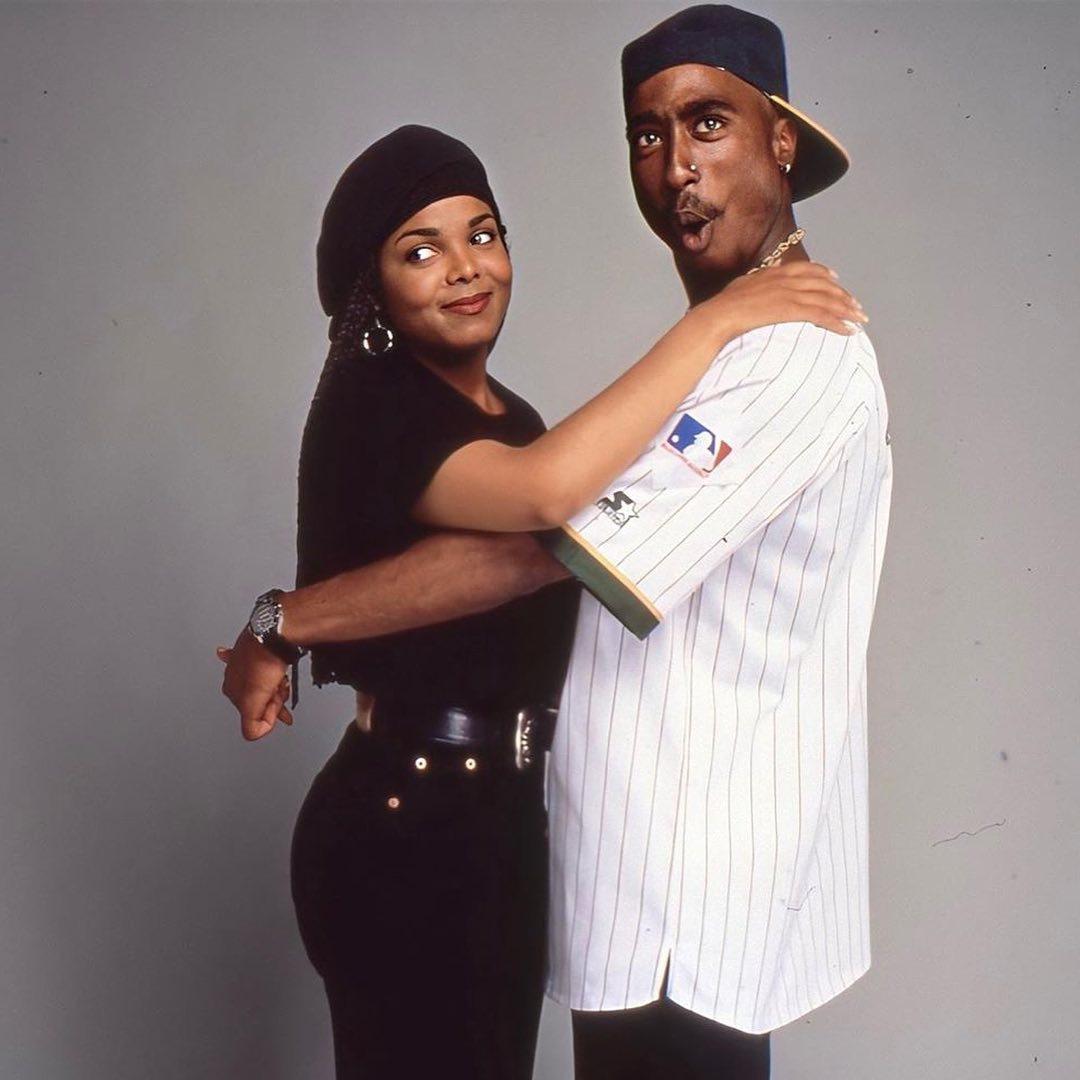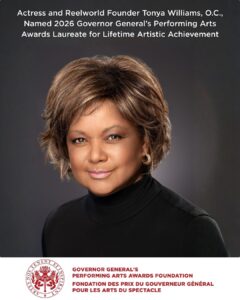Legal Scholars Back Universal Music Group in Drake’s Defamation Lawsuit Over Kendrick Lamar’s “Not Like Us
In a significant development in the ongoing legal battle between Drake and Universal Music Group (UMG), a coalition of legal scholars has filed an amicus brief supporting UMG’s motion to dismiss Drake’s defamation lawsuit concerning Kendrick Lamar’s diss track “Not Like Us.” The scholars argue that interpreting hip-hop lyrics as literal statements poses a threat to artistic freedom and could set a dangerous legal precedent.
Background of the Case
Drake initiated a defamation lawsuit against UMG, alleging that the company promoted and monetized Kendrick Lamar’s “Not Like Us,” which contains lyrics accusing Drake of being a “certified pedophile.” Drake contends that these lyrics are false and have damaged his reputation. UMG, which distributes Lamar’s music through its Interscope label, has filed a motion to dismiss the case, asserting that the lyrics are protected artistic expression and should not be interpreted as factual statements.
The Amicus Brief: Advocating for Artistic Expression
The amicus brief, submitted by four scholars from the University of California, Irvine, emphasizes the importance of understanding hip-hop lyrics as a form of artistic expression that often employs hyperbole, metaphor, and storytelling. The scholars warn that taking such lyrics at face value in legal contexts could have serious repercussions, including the suppression of creative freedom and the potential for racial bias in the judicial system.
“Drake’s defamation claim rests on the assumption that every word of ‘Not Like Us’ should be taken literally, as a factual representation,” the scholars wrote in their brief. They argue that this perspective disregards the genre’s artistic conventions and could lead to a chilling effect on musicians’ willingness to express themselves freely.
Legal and Cultural Implications
The scholars’ support for UMG underscores a broader debate about the boundaries of artistic expression and the role of courts in interpreting creative works. They caution that treating lyrics as literal facts could open the door to frivolous lawsuits and stifle creativity across various art forms.
UMG’s motion to dismiss the lawsuit characterizes Drake’s legal action as an attempt to “save face” after losing a public rap battle to Lamar. The company maintains that the lyrics in question are nonactionable opinions and rhetorical hyperbole, not statements of fact.
What’s Next?
The court has yet to rule on UMG’s motion to dismiss. However, the amicus brief adds a significant voice to the legal discussion, potentially influencing the court’s interpretation of the case. Legal experts suggest that the outcome could have lasting implications for how courts handle artistic works in litigation, particularly in genres like hip-hop that rely heavily on metaphor and narrative.
The amicus brief emphasizes that:
- Lyrics as Artistic Expression: Hip-hop, like other art forms, relies heavily on poetic devices, storytelling, and exaggeration. Lyrics often dramatize events or sentiments for artistic impact rather than factual accuracy.
- Legal Precedents and Free Speech: Courts have historically recognized the importance of protecting artistic and musical expression under free speech laws. Applying a literal lens to lyrics could conflict with established legal protections.
- Potential for Harm: If courts interpret lyrics as factual statements, it could lead to misuse of legal actions to silence or intimidate artists, stifling creativity and free expression in music.
Conclusion
The involvement of legal scholars reported by HNH in this high-profile case highlights the delicate balance between protecting individuals’ reputations and preserving artistic freedom. As the court deliberates, the decision will likely set a precedent affecting not only the music industry but also the broader landscape of creative expression and free speech rights.
Share this content:














Post Comment